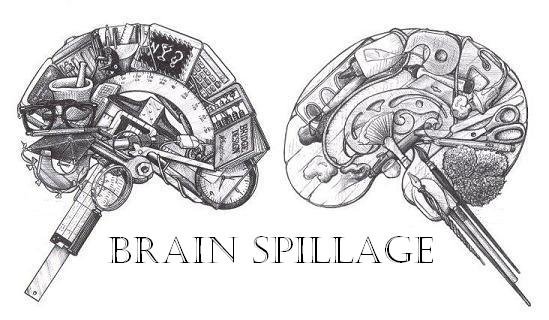Diver Up
As you may know, I've just taken up scuba diving. I'm going for open water certification. I've been frequenting book stores recently to obtain some literature (and colour pictures!) about diving or aquatic life. Book stores for some reason tend to be quite cold and after much shivering and swearing by the girlfriend I finally picked a book. It's called Diver Down, subtitled Real Life Accidents and How to Avoid Them, by Michael R. Ange. It's a book on real life incidents and accidents by recreational divers. Of all the books out there eh? I go and pick this one?
I do think it's rather typical of myself that I bought this one to be honest. I'm just not letting my mum anywhere near the book. Of the stories in the book, many of the divers concerned lost their lives, a few were permanently damaged and even fewer escaped permanent injury. None survived unscathed, all being damaged one way or another mentally or physically.
And I'm glad I bought it. It proves a few things my instructor had been saying. He didn't ever repeat himself much but that's cos he thinks we (Matt, Nat and I) are smart enough to realise what he's saying is mucho mucho importanto. I also now realise that I made quite a few mistakes during the confined water sessions. Our instructor keeps telling us to think. To figure things out. Stop. Breathe. Think. Act. In that order. There's only so much training and instructions can do. A diver must first be responsible for himself/herself.
It would be an interesting point to note that of all the stories, only one was due to Murphy's Law or the proverbial shit happens. An experienced diver suffered an embolism which paralysed him while he was still in the water despite not doing anything wrong. He survived.
Panic is the number one killer of divers. Not surprisingly, ego is number two. There are divers who were gung ho and macho and went beyond their limits and training and were killed in the process. Needless to say, they panicked at the end of it. Sometimes justice isn't served as one of these divers recovered completely but his girlfriend drowned and his divemaster will spend the rest of his life in a wheelchair. That must be a terrible cross to bear.
However, ego is not always apparent. New divers always consume air faster than experienced divers. A new diver, subject to ribbing from other divers for having to cut short his (and his dive buddy's) dive from a rapidly lightening air tank, was determined to stay down longer on the next dive. He ran out of air and died along with the new divemaster whose own tank couldn't support himself and the hyperventilating new diver to make it to the surface.
Regardless of how exciting, new risky endeavours should be taken up progressively and carefully with advice and learnings taken seriously from the more experienced. Divemasters and instructors can always tell the ones who are going to be high risk. They're the ones who can't wait to get the gear on. The ones who want a bigger dive knife. The ones who can't wait to go deeper, further, longer. The ones who go beyond the limits of their training.
My own instructor had a story about diving. An instructor had two new students with him in open water. He had a camera with him. One student signalled low on air. The instructor signalled back to chill while he got his photo and they'd go up. After he got his shot he looked back and the divers were missing. He did a quick search and then went up. The divers were on the boat. One was dead and the other dying.
My mum told me that she read in the paper that a student diver got washed away from the group by a current and drowned. That's probably because that was a production factory type training. My group will have an instructor, 4 divemasters, an experienced diver, 2 Advanced Open Water students and 3 new Open Water students. Rather than 1 divemaster for 5 students, we will be having a 1 divemaster to 1 student ratio. Sure, I'm paying almost twice the price but I have someone qualified to certify new instructors as my instructor. I like the philosophy of my dive school which is to teach students how to dive and to do it safely. Production line schools tend to be like Malaysian driving academies. They teach you how to pass the test and that's about it.
After reading this book and reflecting on it, I would like to be qualified as an Advanced Diver and to also take up the Rescue Diver course. Not that I plan to be rescuing anybody (and I hope to never have to) but it would teach me to deal with emergencies and situations better should they arise. I certainly don't want anyone to be looking at me to deal with things cos, 'You're the rescue diver!'. A diver is only as good as his/her training and attitude.
I am rather pleased with comments filtered down to me from my pool sessions. It seems the instructors thought I was quietly confident and competent and doing better than I thought I was. A fellow student thought I did everything asked of me without fuss. So yeah.... very pleased with such feedback.
The reality of it is that I couldn't wait to get the gear on! Haha! BUT! I thought I should have a damn good listen to the instructor first. The last thing I want to be is to be in a book titled Diver Down, Part 2. I'd rather be in one titled "Diver Up, Who's Next?". Who knows? I might write it meself!



No comments:
Post a Comment